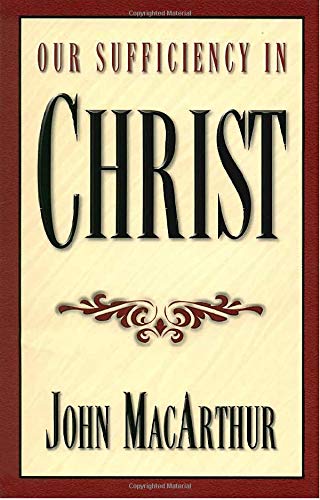Quotes about Mysticism
Increasingly our world is short on thinking and long on experience. Mix this with inner turmoil and a desperate need for answers from some higher source, along with the infiltration of eastern religions, and you can easily see why the mystical aspects of our culture are so predominant. Our generation would certainly far rather load all of their information in a computer and forget the agony on thinking, especially thinking biblically.
Led by the Spirit, Joshua Press, 1999, p. 34-35, http://www.solascriptura.ca/shop/store.php?crn=215.
A mystical experience is primarily an emotive event, rather than a cognitive one… Its predominant qualities have more to do with emotional intensity, or “feeling tone,” than with facts evaluated and understood rationally. Although this is true, it alone is a woefully inadequate way of describing the mystical experience. The force of the experience is often so overwhelming that the person having it finds his entire life changed by it. Mere emotions cannot effect such transformations.
The mystic rarely questions the goodness and value of his experience. Consequently, if he describes it as giving him information, he rarely questions the truth of his newly gained “knowledge.” It is this claim that mystical experiences are “ways of knowing” truth that is vital to understanding many religious movements we see today.
Mysticism is the belief that spiritual reality is perceived apart from the human intellect and natural senses. It looks for truth internally, weighing feelings, intuition, and other internal sensations more heavily than objective, observable, external data. Mysticism ultimately derives its authority from a self-actualized, self-authenticated light rising from within. Its source of truth is spontaneous feeling rather than objective fact. The most extreme and complex forms of mysticism are found in Hinduism and its western reflection, New Age philosophy.
Resurrecting and Old Heresy from Our Sufficiency in Christ, 1991, Crossway Books, a division of Good News Publishers, Wheaton Illinois 60187, www.crosswaybooks.org. p. 32. Get this book!
Modern mysticism embraces a concept of faith that in effect rejects reality and rationality altogether. Waging war on reason and truth, it is thus in direct conflict with Christ and Scripture. It has taken hold rapidly because it promises what so many people are seeking: something more, something better, something richer, something easier – something fast and easy to substitute for a life of careful, disciplined obedience to the Word of Christ. And because so many lack certainty that their sufficiency is in Christ, mysticism has caught many Christians unaware. It has thus swept much of the church into a dangerous netherworld of confusion and false teaching.
The Quest for Something More from Our Sufficiency in Christ, 1991, Crossway Books, a division of Good News Publishers, Wheaton Illinois 60187, www.crosswaybooks.org. p. 182. Get this book!
Mysticism is a system of belief that attempts to perceive spiritual reality apart from objective, verifiable facts. It seeks truth through feelings, intuition, and other internal senses. Objective data is usually discounted, so mysticism derives its authority from within. Spontaneous feeling becomes more significant than objective fact. Intuition outweighs reason. An internal awareness supersedes external reality.
Mysticism is the idea that direct knowledge of God or ultimate reality is achieved through personal, subjective intuition or experience apart from, or even contrary to historical fact or objective divine revelation.
The Quest for Something More from Our Sufficiency in Christ, 1991, Crossway Books, a division of Good News Publishers, Wheaton Illinois 60187, www.crosswaybooks.org. p. 181.
When we speak of spiritual union or mystical union with Christ, we must be careful not to fall into heretical forms of mysticism. In Eastern forms of mysticism the religious goal is a kind of unity (unio) with the deity by which the individual is so absorbed by the ‘ultimate one’ that personal identity is obliterated. In Christian mystical union, the self is not lost or erased by being merged with some oversoul or universal essence.
The Purpose of God, An Exposition of Ephesians, Christian Focus Publications, 1994, p. 90.




